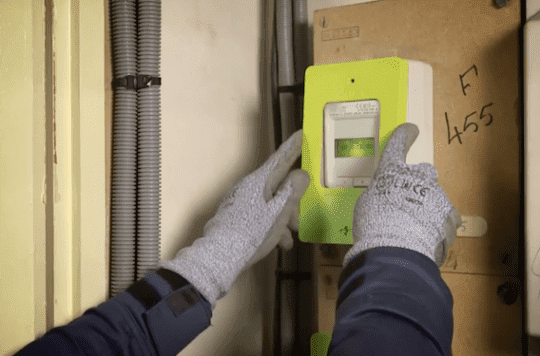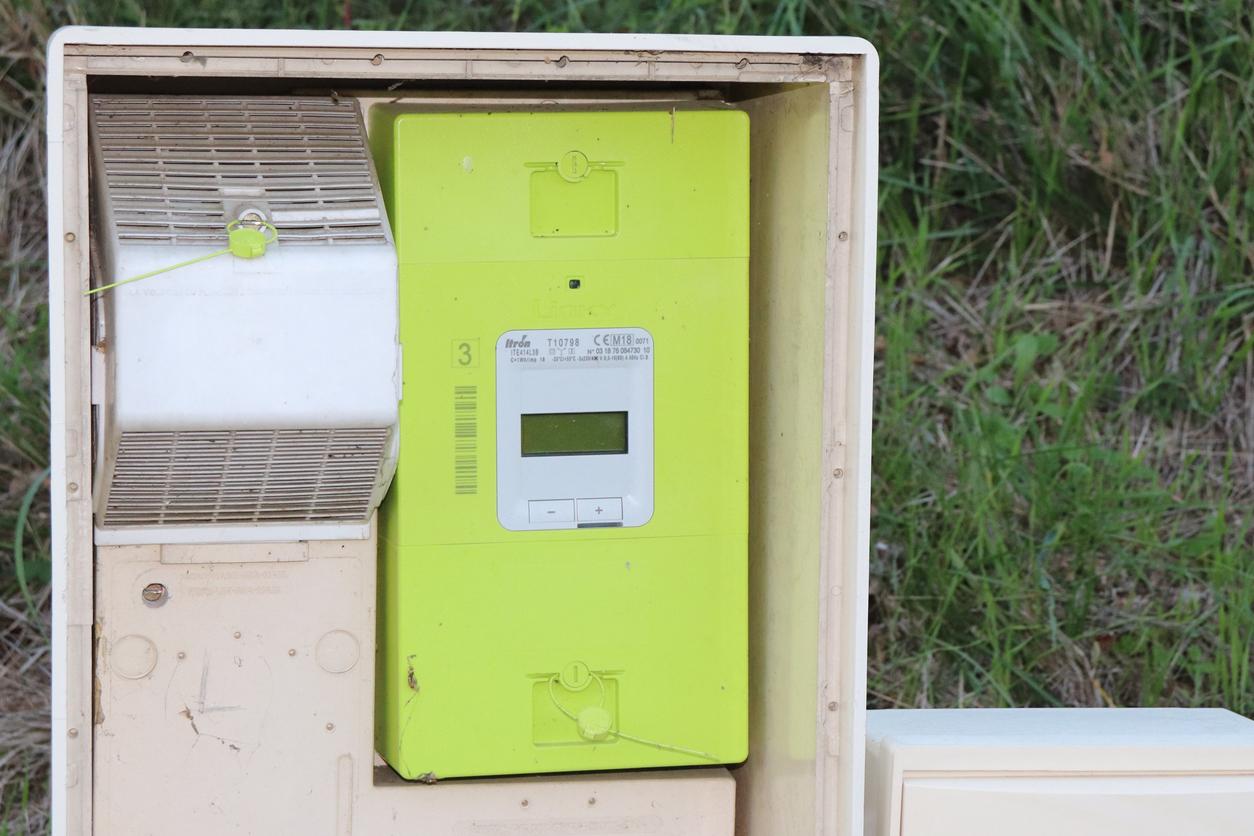The controversy around Linky meters continues. While the National Frequency Agency has assured that they are safe for health, the testimonies of people suffering from hyper-electrosensitivity are multiplying on social networks. The debate even took place in the Senate.

By 2024, Linky meters will be present in all households in France. However, these small connected yellow boxes, installed by the company Enedis and supposed to replace our old electricity meters, are far from unanimous.
Nausea, vomiting, dizziness, migraines, insomnia… Since their deployment in several municipalities, Linky meters have been accused of causing extremely annoying symptoms in electro-sensitive people. According to the latter and several associations, Linky meters, which operate using power line carrier technology (CPL), emit electromagnetic waves that are potentially dangerous for health.
Based on the classification of the World Health Organization (WHO), which consider these waves as possible carcinogens, various associations are now calling for the deactivation of counters.
An ordeal for electrosensitive people
20 minutes thus reports the testimony of a couple from Rennes forced to leave their home after the commissioning of their Linky meter. “We initially had the impression of having wheezing in the head, like tinnitus. At the start, we didn’t really worry. But it got worse. We started to have headaches, dizziness, insomnia, ”says Patrick, 53 years old. With his wife Claude, they tell of the embarrassment which has increased over the days. Arrested by their doctor, they ended up settling temporarily in the countryside to cut themselves off from electromagnetic waves. “The symptoms gradually disappeared. We had the impression of living again. But as soon as we come back here, we see that it reappears. “
They are not the only ones to accuse their Linky counter of the appearance of their ills. The evidence against him is increasing, to the point that several mayors are now campaigning for their citizens to choose or not to accept the installation of the meter in their homes. “I wish (…) that you validate the principle of not changing the meter among people who refuse this installation by having clearly stated, by mail or verbally, their opposition to your intervention”, wrote last july the mayor of Bayonne Jean-René Etchegaray in a letter addressed to Enedis.
A point of view shared by Senator LR de Gironde Florence Lassarade. Based on the review of the GDPR (General Data Protection Regulation) bill, it proposed two amendments concerning connected meters. “Knowing that there are still doubts about the use of users’ personal data by these smart meters, I proposed that Enedis could not install the Linky when consumers object to it”, explains the senator in an interview. according to Capital. The amendments were however rejected by the Senate on Wednesday March 21.
Linky meters, safe for health?
In September 2016, three reports from the National Frequency Agency (ANFR) concluded that the presence of the Linky meter in homes did not present a health risk, the electromagnetic fields emitted being much lower than the regulatory values. A finding also issued by the National Health Security Agency (ANSES) in December 2016.
“There is no data to suggest that high frequency transient currents can affect health at the measured exposure levels,” the Agency concluded. However, this asked operators to play the transparency card and provide users with clear and understandable information on the way in which the meters work.
.

















